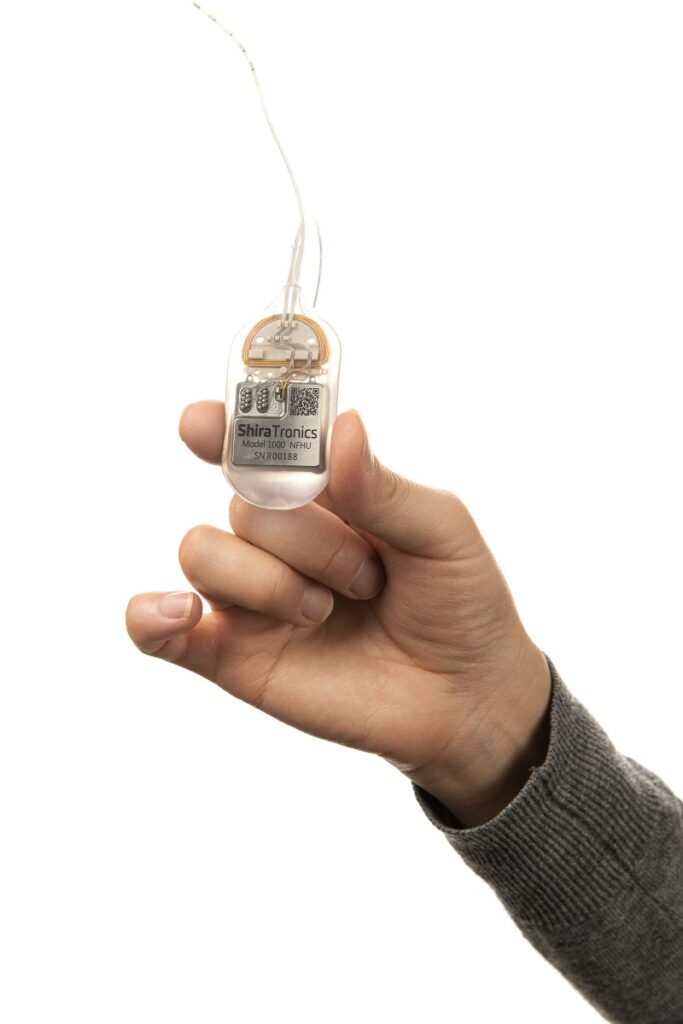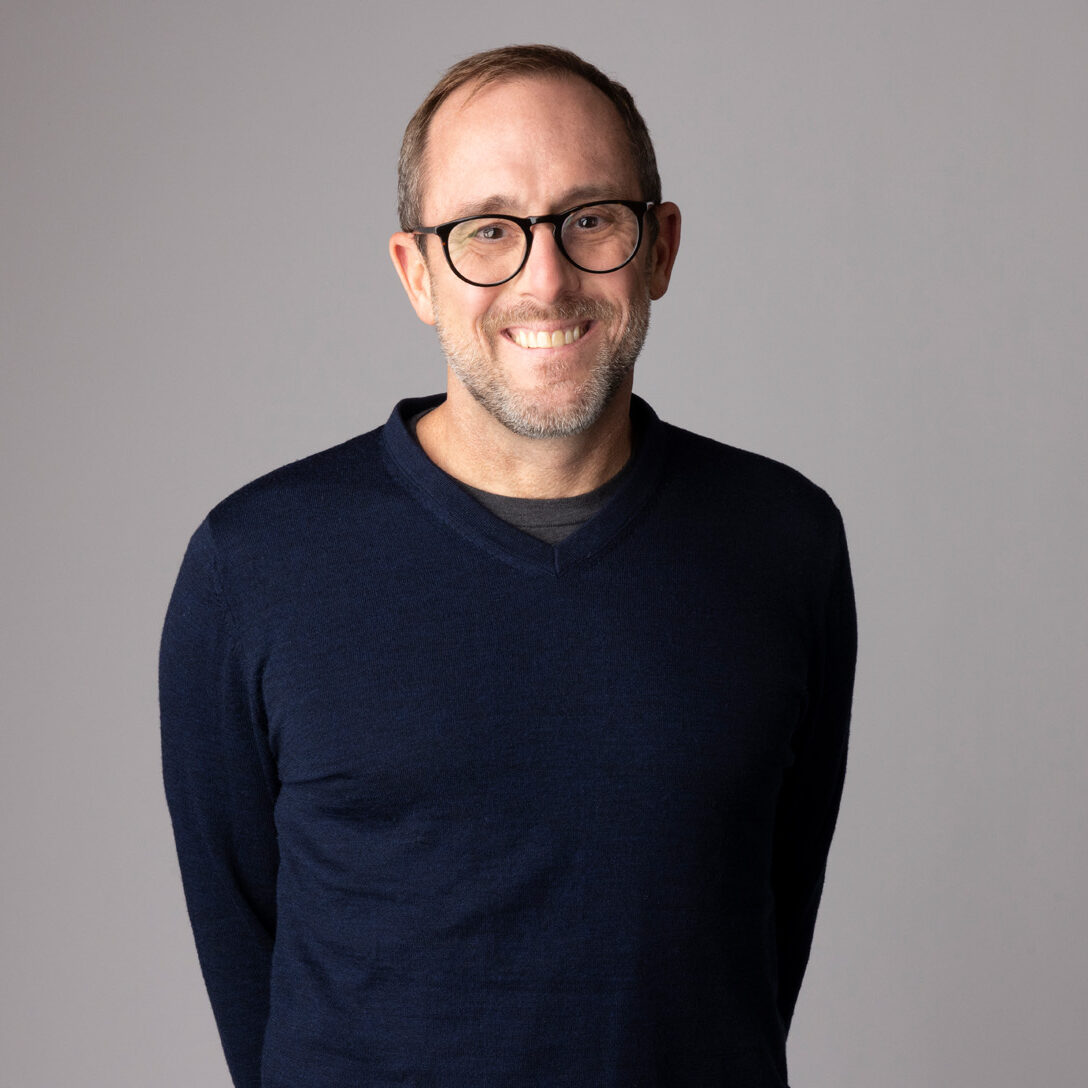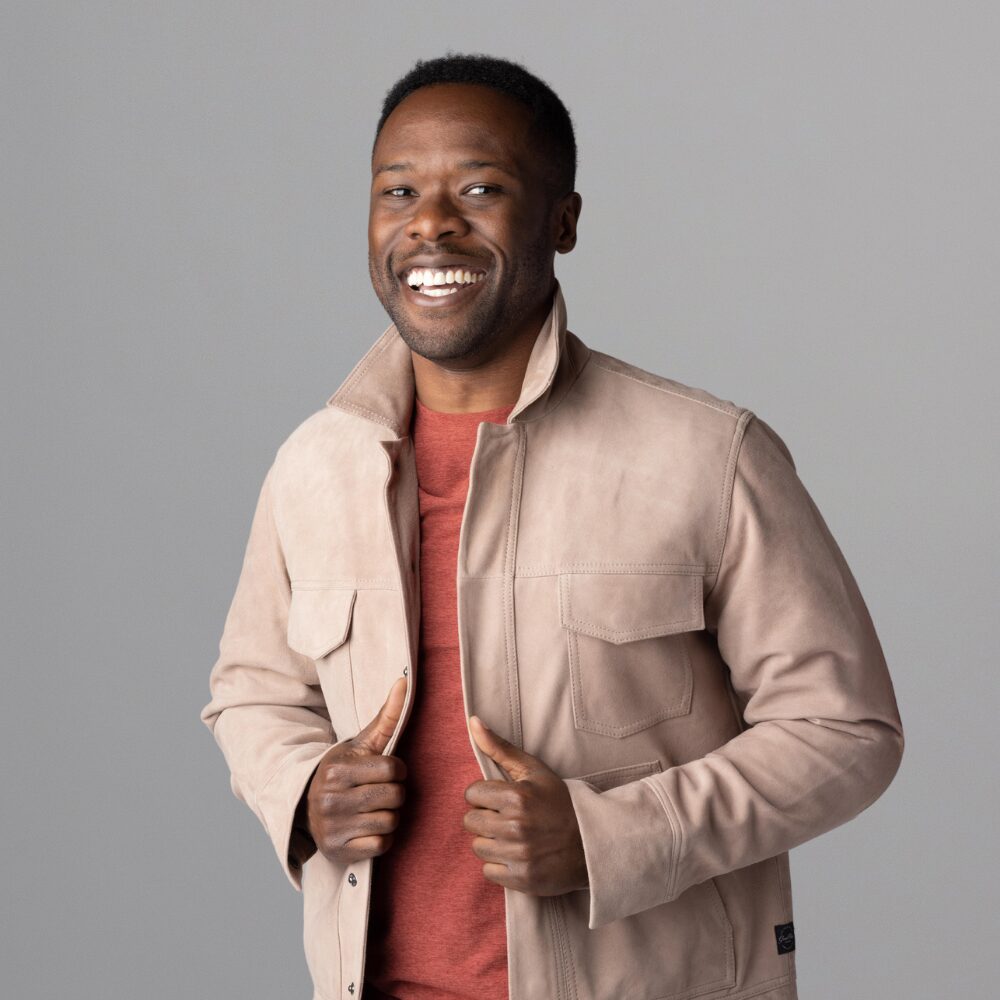A normal life is virtually impossible for the five million people in the U.S. who live with chronic migraine. This is particularly true for the treatment-resistant chronic migraine patients who do not respond to any available medicines. A new neuromodulation therapy from ShiraTronics offers the prospect of dramatically reducing the number and severity of migraine attacks that these patients suffer from, potentially leading to improved quality of life. Norwest is delighted to announce that we are leading a Series B round for this promising company.
Chronic Migraine Robs Patients of a Normal Life
Migraine is considered chronic when patients experience 15 or more headaches in a month, eight of which have migraine features. That means these patients spend over half their days each month in debilitating pain, as these episodes can often last over 12 hours. The severe pulsating pain of a migraine makes exposure to light and noise unbearable and often causes serious nausea. The obligations of everyday life, such as holding a job or raising children, become virtually impossible. In fact, over 60 percent of chronic migraine patients are considered “disabled” and unable to maintain full-time employment.
The most severe of these patients, which represent about 10 percent of the chronic migraine population, are resistant to all available therapies, even from expensive new drugs like CGRP antagonists. Billions of dollars have been poured into the search for effective migraine therapies, but for patients with treatment-resistant chronic migraine nothing so far has helped.
Neuromodulation Offers Early Promise
In recent decades, our understanding about the pathophysiology of migraine disease has advanced considerably. Today, physicians and medical scientists agree that one of the core underlying causes of migraine is a hypersensitivity of the trigeminal nerve, which provides sensation — and detects pain — to the head and face.
In the 2010s, physicians conducted clinical studies where they used off-label spinal cord stimulation (SCS) devices, originally approved for lower back pain, to treat chronic migraine patients who didn’t respond to medication. These studies showed that stimulating the branches of the trigeminal nerve in the forehead and back of the head had the potential to reduce migraine frequency and severity, and improve quality of life.
Off-label devices were not designed for implantation in the scalp, and they often faced complications such as lead migration, skin erosion, and surgical site infections. ShiraTronics has applied the learnings from those early studies to develop the world’s first fully implantable neuromodulation system that is purpose-built for chronic migraine. ShiraTronics’ approach aims to avoid the drawbacks encountered with off-label neuromodulation systems.
The ShiraTronics Migraine Therapy
The ShiraTronics System is implanted through small incisions behind each ear and gently tunneled under the skin of the forehead and the back of the head to branches of the trigeminal nerve. Once implanted, the system is completely imperceptible to others, allowing patients to receive migraine therapy without drawing unwanted attention.

The first-in-humans trial of the ShiraTronics system included 11 patients, who on average suffered 18 or more migraine attacks per month despite treatment with state-of-the-art medications. After 12 weeks of the ShiraTronics therapy, the patients demonstrated encouraging reductions in monthly headache days, decreased severity of migraine attacks, and improvement in quality-of-life scores.
Unlike the product complications seen in the off-label studies with SCS devices, complications with the ShiraTronics system in the first-in-human trial have been minimal. Surgical site infections were infrequent and well within the range seen with similar procedures, and there was no evidence of lead migration to date.
The ShiraTronics solution has the potential to generate significant savings for the healthcare system in the long run by substituting a one-time procedure for a lifetime of expensive drug therapy. But most exciting is the potential improvement in the quality of patients’ lives.
When the ShiraTronics product receives FDA approval, we expect strong commercial demand for the procedure. A network of facilities and physicians specializing in headache treatment is already in place around the country providing care for chronic migraine patients, and they are ready and capable to begin performing the ShiraTronics procedure. Our due diligence showed that both doctors and patients are eager to adopt a purpose-built, efficacious, and safe neuromodulation solution.
Why Norwest Is Proud to Back ShiraTronics
ShiraTronics fits all of Norwest’s medical device investment criteria.
- The company is developing a potentially breakthrough therapeutic approach with early promise of efficacy, safety, acceptance among practitioners, and that has meaningful competitive differentiation versus existing migraine therapies.
- Their treatment serves a large patient population with substantial unmet medical needs.
- It addresses a multibillion-dollar market opportunity with only minimal competition from either drug- or device-based therapies.
ShiraTronics is set to achieve the winning combination of enhanced health outcomes, lower costs, and improved quality of life for patients.
ShiraTronics is led by a highly experienced management team with a proven record of clinical and commercial execution. CEO Rob Binney previously was CEO at Alydia Health (acquired by Organon) and CCO at IntersectENT, an alumni Norwest company that sold to Medtronic. Based on our productive working history and the healthcare team’s deep experience in neuromodulation and bringing medical devices to market, Rob specifically requested that Norwest be invited to participate in Series B.

Alongside highly respected medical device VCs USVP, Treo Ventures, and Amzak Health, we are excited to partner with ShiraTronics as it aims to bring much-needed improvement to the lives of chronic migraine sufferers.
The company is another of Norwest’s investments in companies applying innovative solutions to some of healthcare’s greatest challenges. If you are building such a company, we want to hear from you. Contact Zack Scott, MD, Ehi Akhirome MD, PhD or Susana Hawken, PhD.






